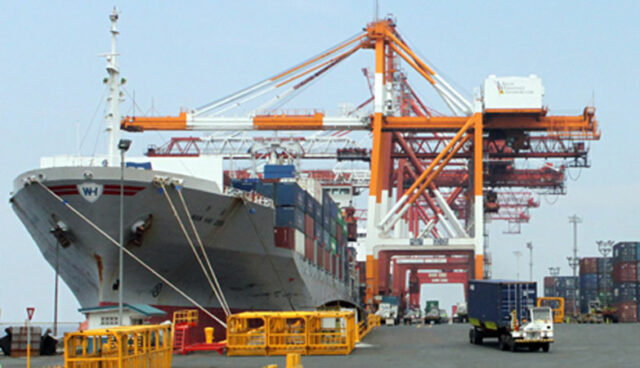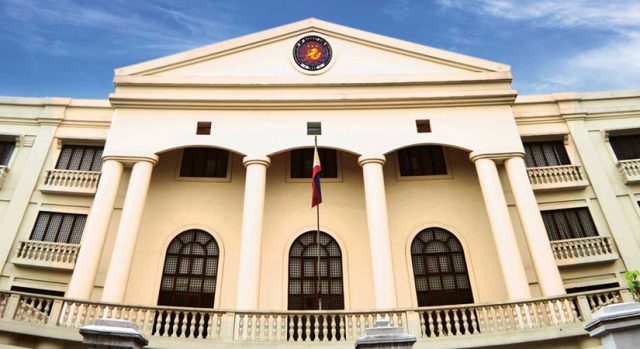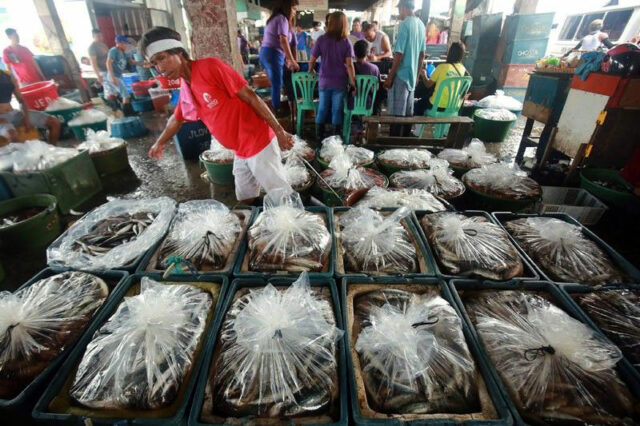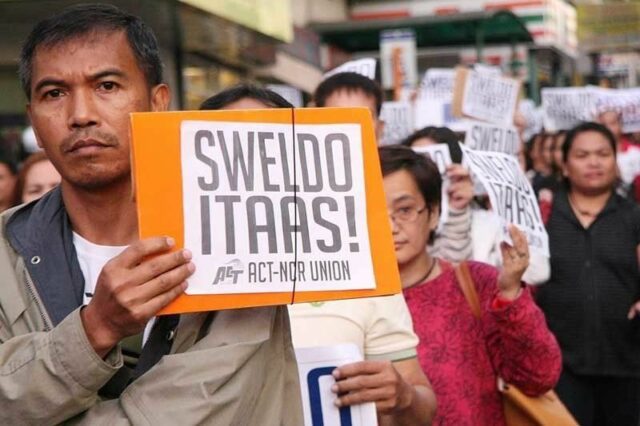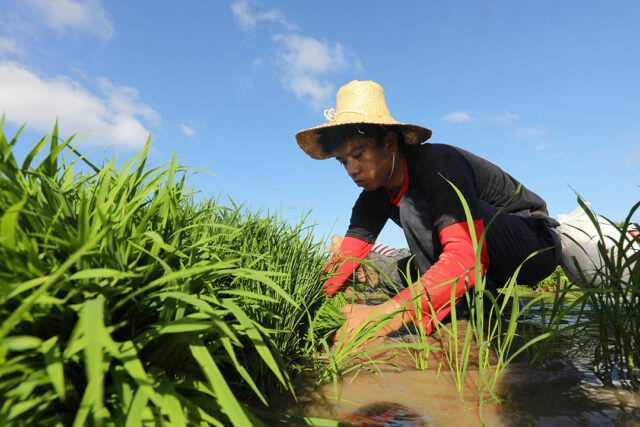BUSINESS GROUPS batted for targeted support for small businesses in place of the proposed P200 wage increase, saying that an across-the-board wage hike could have “devastating effects” on the economy.
“While we recognize the need for fair wages and improved working conditions for employees, we believe that the proposed P200 across-the-board wage increase is neither feasible nor beneficial in the current economic environment,” they said in a statement dated Feb. 4.
They said Congress should propose targeted measures that address poverty and inequality.
These include “providing more support for micro, small and medium enterprises (MSMEs), strengthening social safety nets for workers, and improving access to education and skills training to help workers secure better paying, sustainable jobs,” the business groups said.
The House Committee on Labor approved last week a bill that would grant a P200 across-the-board wage increase for private-sector workers.
“We call on the committee to reconsider the potential adverse effects of this proposal on businesses, workers, and the economy as a whole,” the groups said.
“Rather than hastily passing blanket wage increases, we advocate for a more comprehensive, consultative approach that balances the needs of workers with the realities faced by employers, especially considering the current policies affecting the business landscape,” they added.
The groups said that the blanket wage increase will potentially burden businesses operating on slim margins, exclude informal workers, and result in wage distortion and higher prices for goods and services.
In particular, the groups said that businesses, especially MSMEs, are already struggling due to rising operational costs, and lack the financial flexibility to absorb increases in labor costs.
It added that the penalties of up to P100,000, imprisonment, and double indemnity for unpaid benefits place a heavy compliance burden on employers, especially for MSMEs that lack the resources to ensure full compliance.
“The risk of criminal liability and hefty fines, especially during times of economic hardship, could further discourage business growth and the creation of new jobs,” they said.
“The heavy penalties may inadvertently create an adversarial relationship between employers and employees, rather than fostering collaboration and mutual benefit,” they added.
The wage increase is also expected to make large enterprises, especially those in manufacturing, retail, and services, less competitive due to the substantial increase in labor costs.
“An increase of P200 per day for all workers will strain their financial capacity and could result in delayed investments, reduced hiring, and potentially even job cuts as companies are forced to streamline operations,” they read.
The joint statement was signed by the Employers Confederation of the Philippines, the Philippine Chamber of Commerce and Industry, the Philippine Exporters Confederation, Inc., the Philippine Hotel Owners Association, and the Philippine Association of Legitimate Service Contractors, Inc.
Other signatories were the Philippine Retailers Association, the Federation of Filipino Chinese Chambers of Commerce and Industry, the Philippine Constructors Association, Inc., the People Management Association of the Philippines, and the Semiconductor and Electronics Industries in the Philippines, Inc. — Justine Irish D. Tabile



